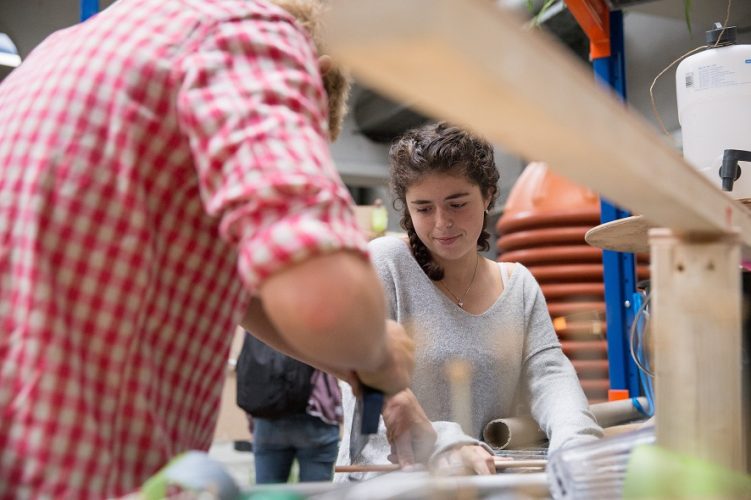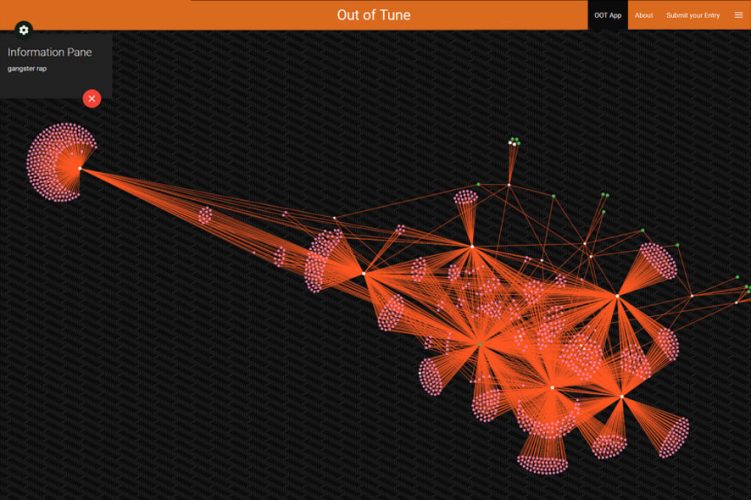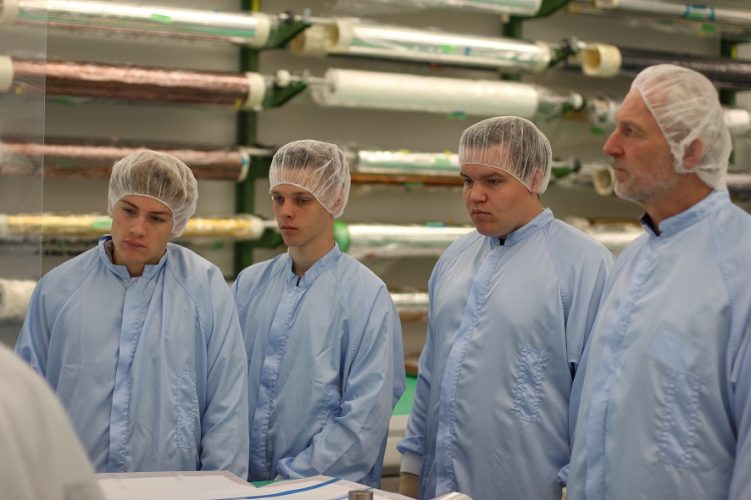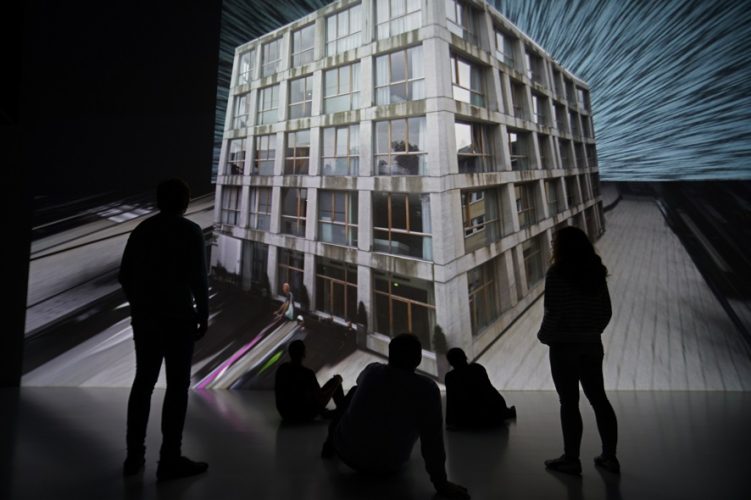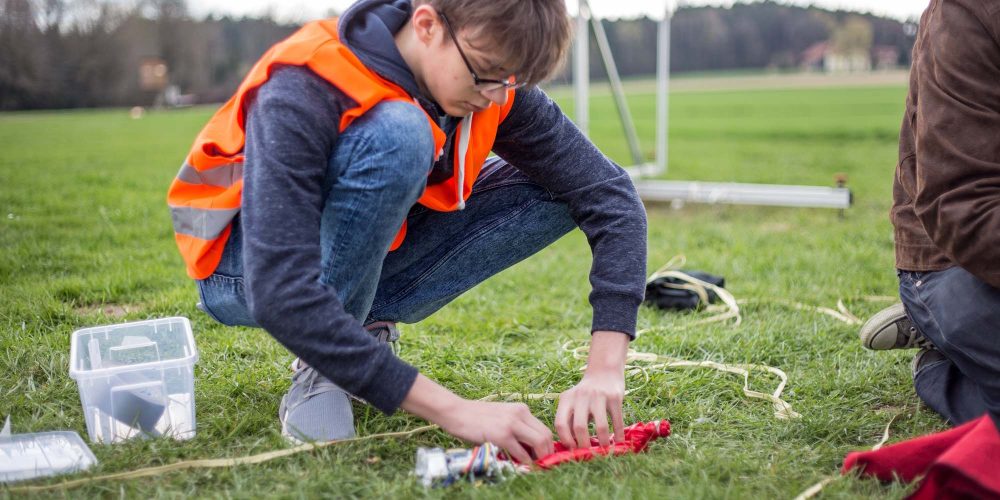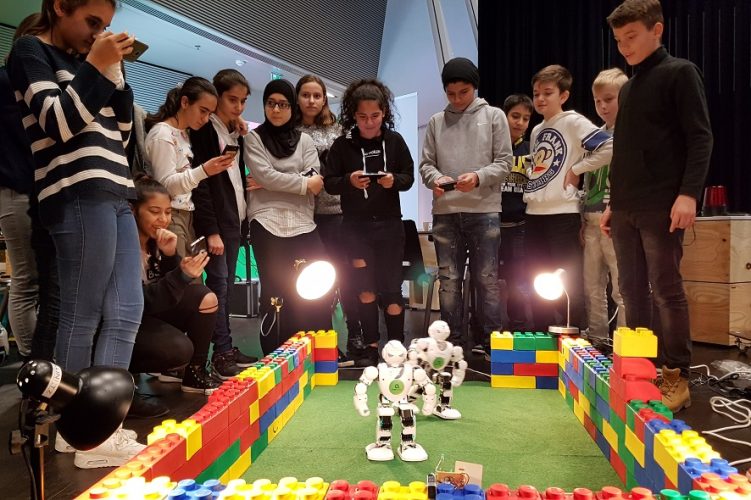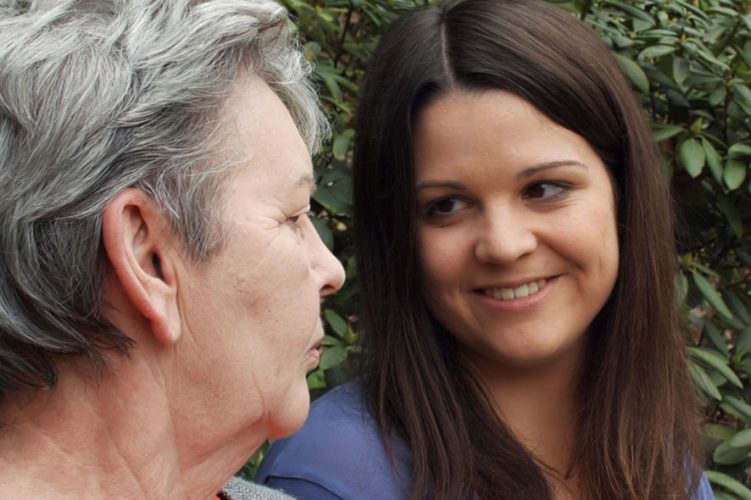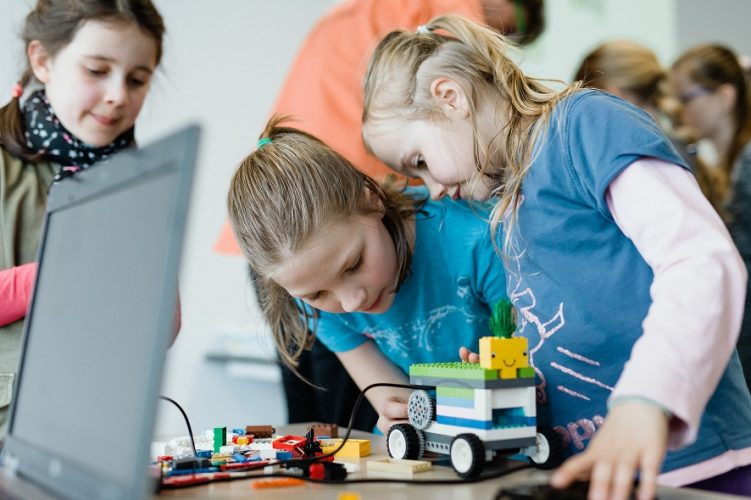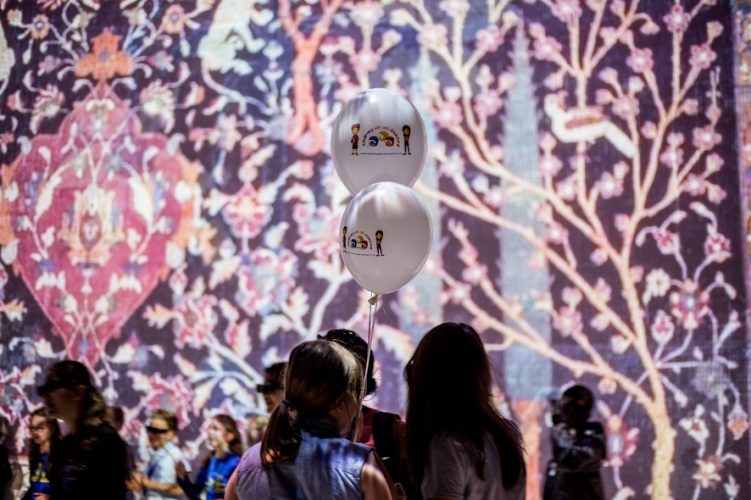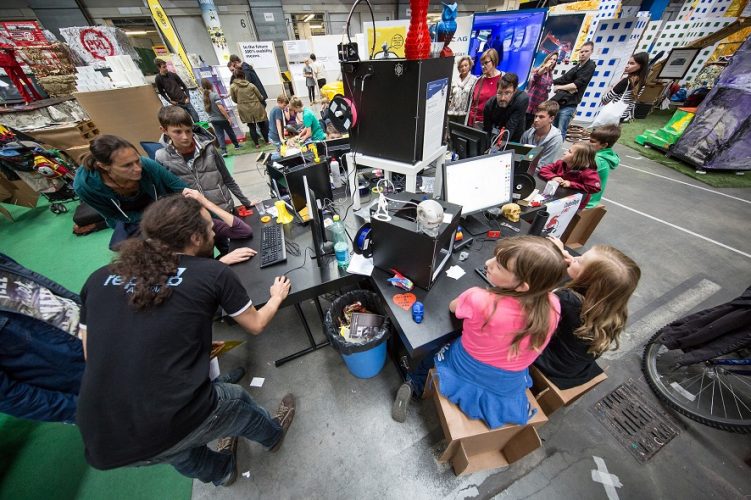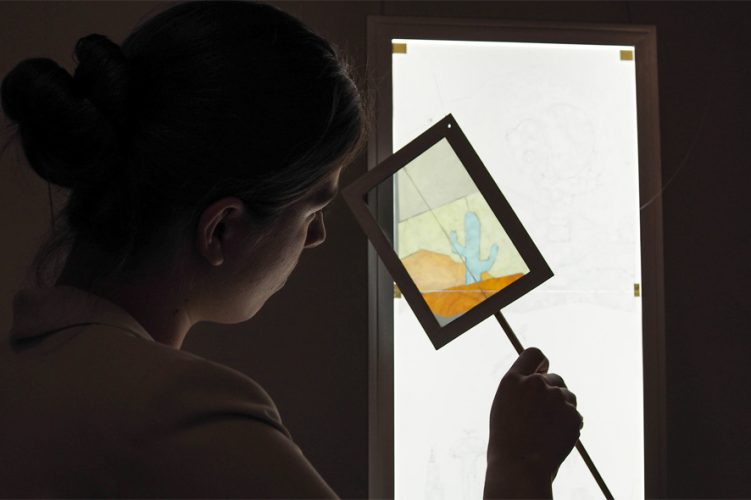
Artists, Creators, Engineers
-
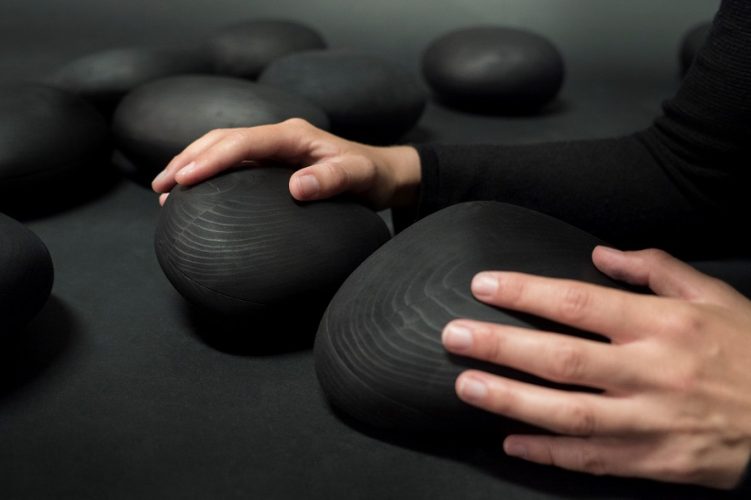
Campus Exhibition 2018: Taking Care
The annual Campus Exhibition at the Ars Electronica Festival (September 6-10, 2018) will feature works by students in the Hexagram international network. The exhibition entitled “Taking Care” shows what forms research-creation can take in media art and digital culture. Curator Anna Kerekes gives us a sneak preview in this interview.
-
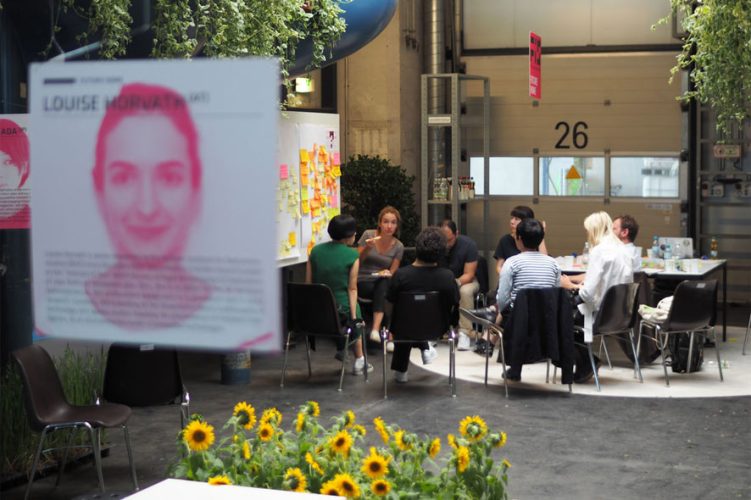
Future Innovators Summit: Innovative thinkers wanted!
For the fifth time, the Future Innovators Summit at the Ars Electronica Festival is looking for the ultimate creative questions. The Open Call by Hakuhodo and Ars Electronica is aimed at artists, designers, engineers, scientists, entrepreneurs, social activists and philosophers. Hideaki Ogawa reports on what awaits the participants this September in Linz. The deadline for…
-
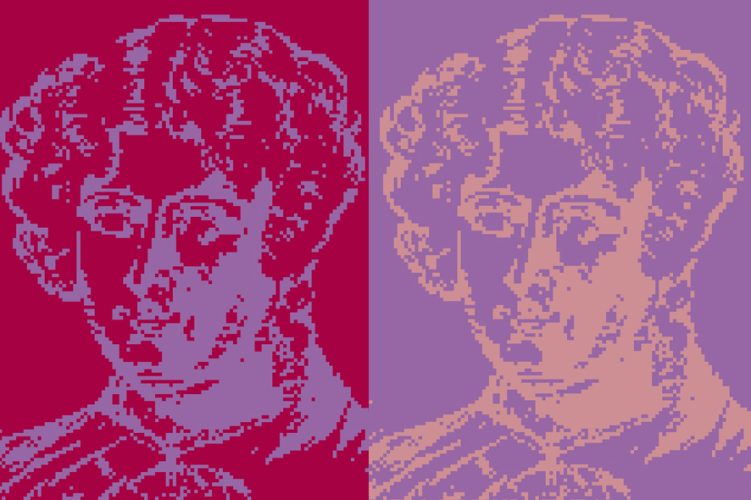
Enter Now: The Marianne.von.Willemer Prize for Digital Media
Once again this year, the City of Linz, dorfTV and Ars Electronica are jointly staging a competition to honor outstanding works of media art by women. The entry deadline is July 15, 2018. Contestants will be vying for the Marianne.von.Willemer Prize for Digital Media. We found out more in this interview.
-
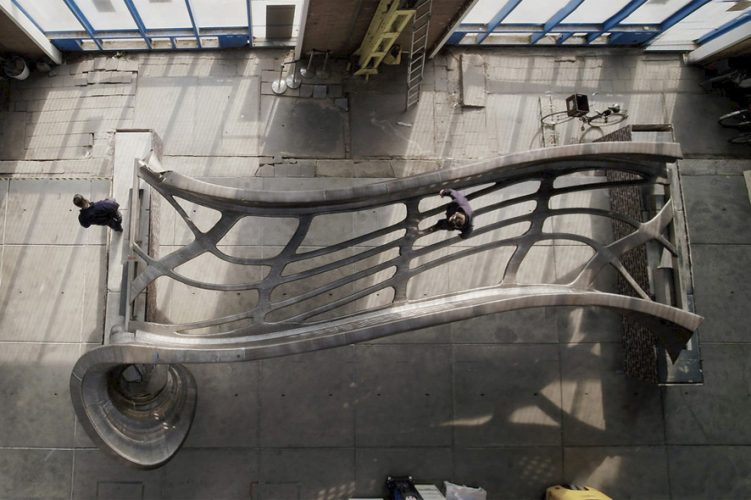
The first 3-D printed steel bridge
By building the world’s first 3-D printed metal bridge, MX3D and the Joris Laarman Lab have provided proof that the MX3D process they have jointly developed makes it possible to create metal objects and structures of any size that are aesthetically pleasing as well as intelligent. They were awarded the STARTS Prize of the European…
-
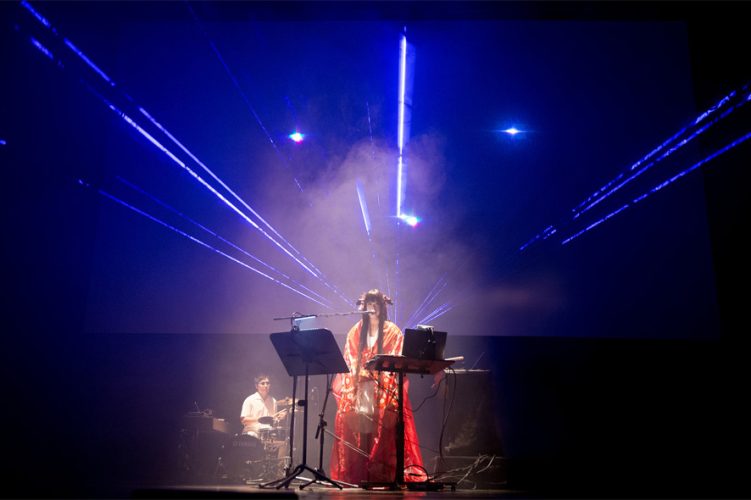
I’m Humanity: Music for Eternity
Her idea for a way to make music live on beyond humankind’s eventual extinction and to use DNA as the medium to transport this information for eternity garnered Japanese musician Etsuko Yakushimaru the 2017 STARTS Prize. In this interview, she explains her concept of “post-humanity music” and gives her take on mutations that randomly occur…
-
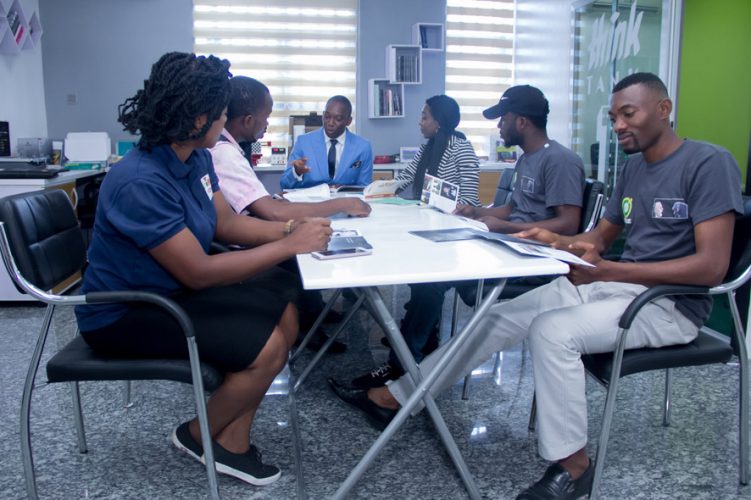
Gallery of Code: Prototypes for Africa
Gallery of Code in Abuja, Nigeria is a multidisciplinary lab that Oskar Ekponimo has established with the support of the Austrian Foreign Ministry, Ars Electronica and other partners. Its target audience is the country’s young generation of students and entrepreneurs. This is where art meets science, talks team up with workshops, and ideas lead to…
-
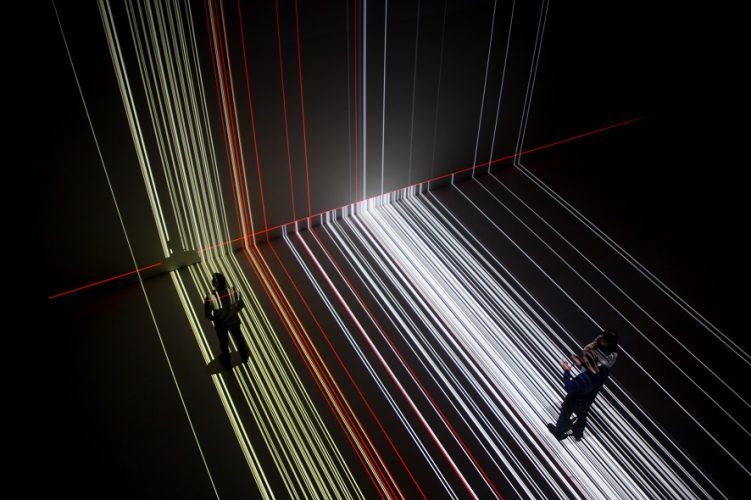
Elevator Rides, Particle Systems et al: TIME OUT .08
The 8th edition of TIME OUT, a showcase of outstanding work by undergrads in Linz Art University’s Time-based and Interactive Media program, is about to open at the Ars Electronica Center – on March 16, 2018. In this interview, we get a preview from program director Gerhard Funk.
-
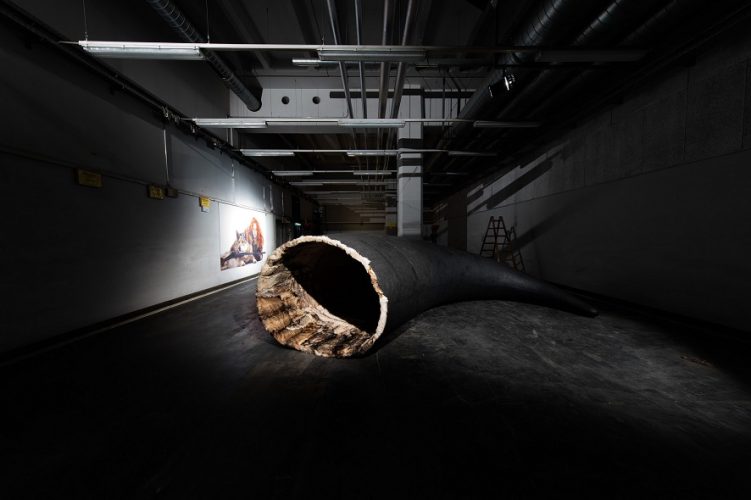
“K-9_topology”: On Humans, Dogs and Bioethics
“K-9_topology,” a series of works by Slovenian artist Maja Smrekar, won last year’s Golden Nica in the Prix Ars Electronica’s Hybrid Arts category. In this interview, Maja Smrekar explains what’s behind these four projects, how dogs and wolves characterize her work, and which ethical questions she investigates.
-
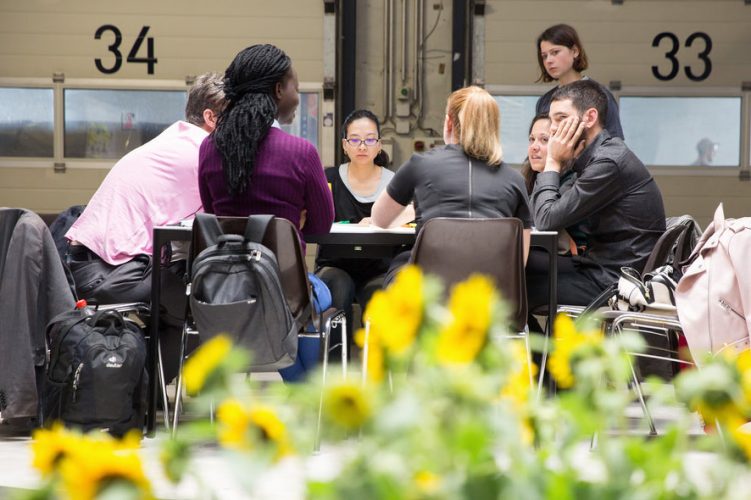
Future Innovators Summit Tokyo: An Interdisciplinary Urban Think Tank
Japanese ad agency Hakuhodo and Ars Electronica invite you to engage in collective brainstorming amidst Japan’s megacity! The Future Innovators Summit Tokyo seeks those tantalized by the idea of being part of a lively interdisciplinary crew confronting the key issues of humankind’s future. The application deadline is February 28, 2018.
-
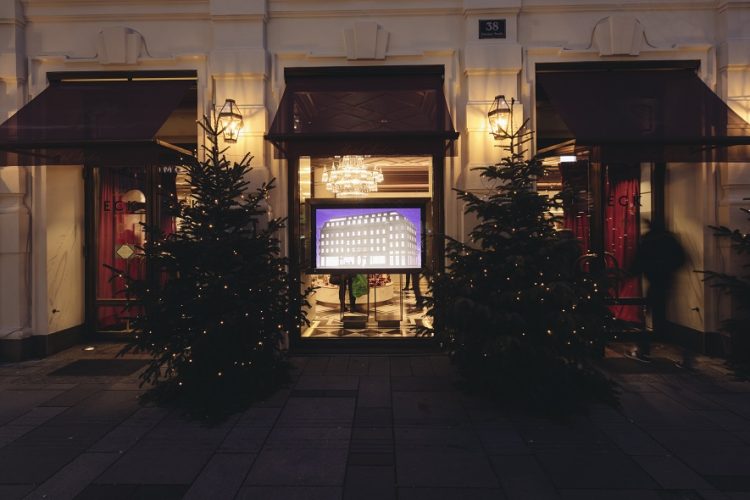
Papercraft and Animation: A Diorama for Sacher
As part of the makeover of Café Sacher Eck in Vienna, Ars Electronica Solutions implemented three innovative projects on the premises of this traditional Viennese landmark. A core element of this collaborative effort is a diorama in which Sacher Moments are played out amidst a papercraft model of the Sacher complex featuring playful animated sequences.…
-
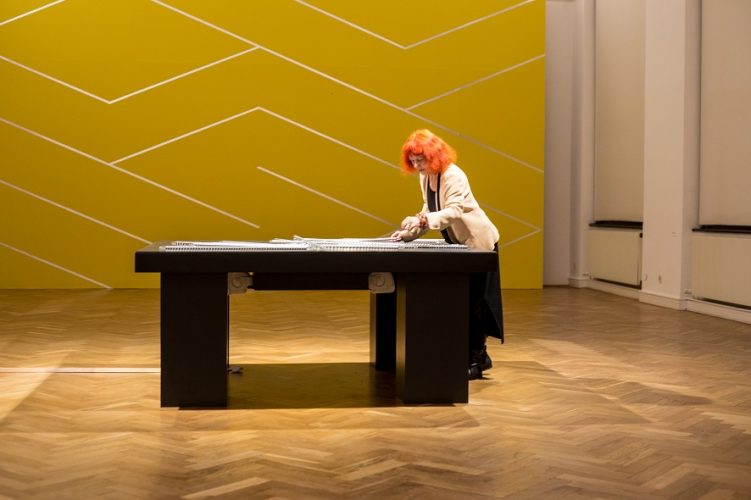
Sound, Light and Pick-up Sticks: Waltraut Cooper
The “Waltraut Cooper. Light and Sound” exhibition co-produced by the Ars Electronica Center is running until January 21, 2018 at Landesgalerie Linz. We spoke with media artist Waltraut Cooper about media art in the 1980s, her fascination with light, and her works on display at Landesgalerie.
-
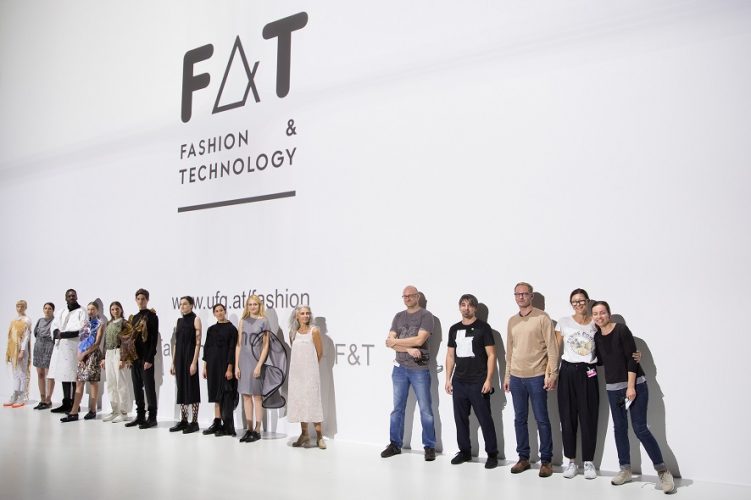
DE/MATERIALIZE: Fashion’s New Look
Clothing made of desert plants or organic plastics, rediscovered technologies and state-of-the-art high-tech top the list of attractions at DE/MATERIALIZE, a showcase of exciting work being done by students in Linz Art University’s Fashion & Technology program, on November 23, 2017 in Ars Electronica’s Deep Space. Fashion designer Ute Ploier, the program’s director, gave us…
-

Digital Design Weekend: The Longing for New Worlds
This is the second time that several young Austrian artists had an opportunity to present their works on Digital Design Weekend in the Victoria and Albert Museum in London.
-
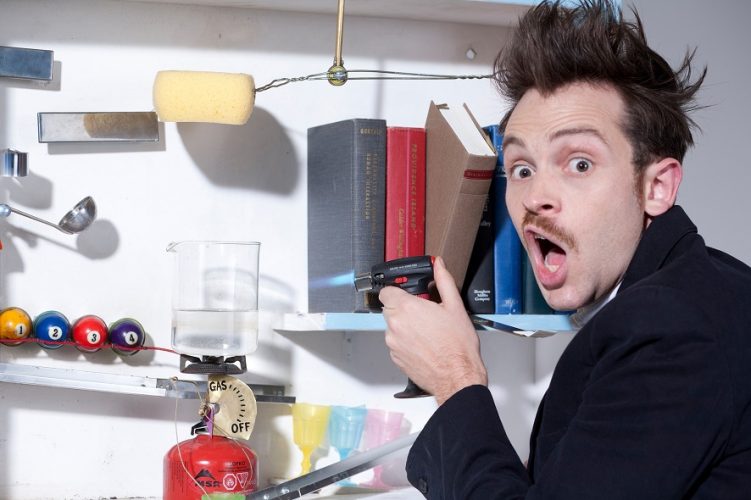
Comically Inefficient: Joseph Herscher’s Machines
New York artist Joseph Herscher uses everyday objects to build Rube Goldberg machines that are as inefficient as can be. At the 2017 Ars Electronica Festival, he’ll be involved in three projects that illustrate his playful approach to creativity. In this interview, we found out what exactly awaits us.
-
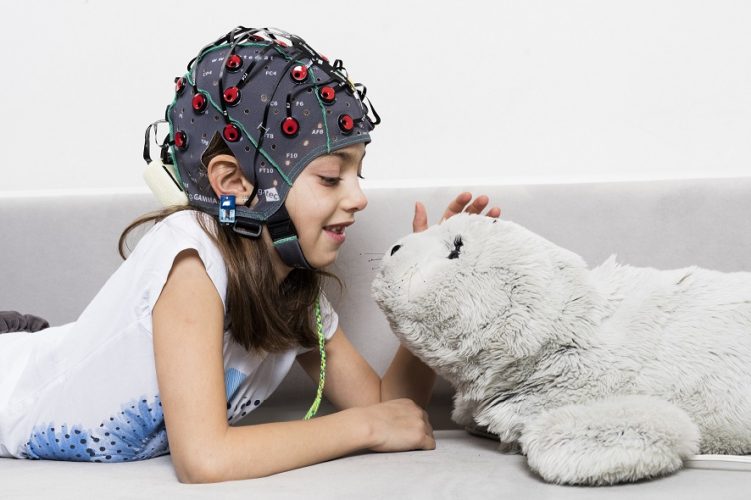
BR41N.IO Hackathon: On Your Marks, Get Set, Hack!
This event is the first of its kind at the Ars Electronica Festival—the BR41N.IO Hackathon demands high performance from hackers and designers, who’ll have 24 hours beginning at 11 AM on Friday, September 8th to conjure up projects based on brain-computer interfaces. To find out how this Hackathon will happen, what sort of stuff will…
-
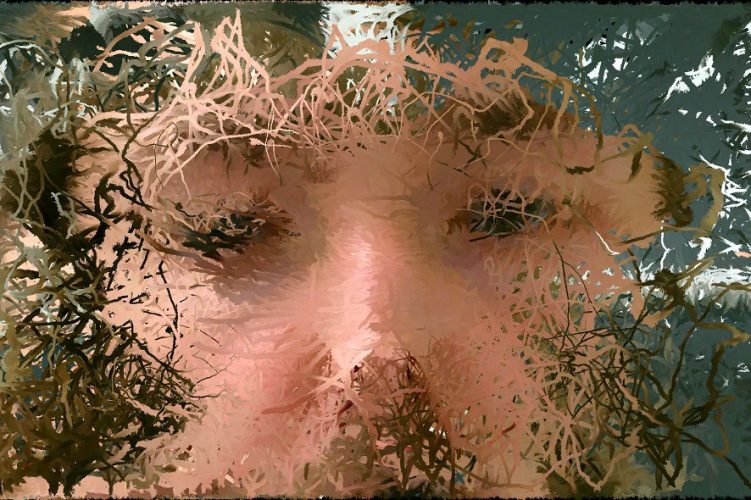
Interface Cultures’ Campus Exhibition: Made in Linz, Guaranteed
The Campus Exhibition at this year’s Ars Electronica Festival showcases Linz Art University’s Interface Cultures program. “Made in Linz” includes recent works of media art by undergraduates. The program’s founder and director, Christa Sommerer, offers some pre-show insights.
